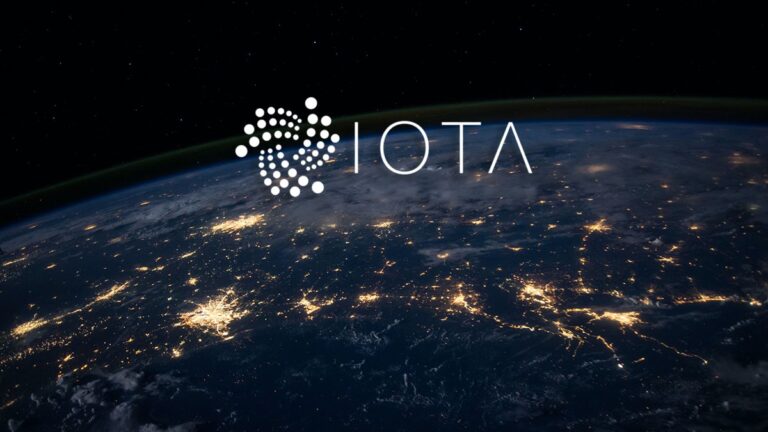IMF and FSB Collaborate on Global Cryptocurrency Regulation Recommendations

- The IMF and FSB present unified recommendations for global cryptocurrency regulation.
- The joint paper highlights concerns around stablecoins, DeFi, and the need for balanced oversight in the crypto industry.
In the ever-evolving realm of digital currencies, a structured and globally coordinated approach to cryptocurrency regulation is becoming increasingly vital. Responding to this imperative, the International Monetary Fund (IMF) and the Financial Stability Board (FSB) have collaborated on a comprehensive paper that outlines their recommendations for regulating cryptocurrency assets.
This collaborative effort, initiated under the G20 Presidency of India, seeks to establish a unified framework for cryptocurrency regulation. The paper, slated for discussion during the G20 Summit, underscores the importance of monitoring and mitigating potential risks associated with the growing digital asset ecosystem while recognizing its potential for transformative change.
The IMF’s Three Pillars
The IMF’s contribution to this initiative revolves around three fundamental pillars:
- Macroeconomic Implications: Understanding the broader economic impact of cryptocurrencies.
- Legal Concerns: Addressing legal complexities and challenges in the cryptocurrency landscape.
- Preservation of Financial Integrity: Ensuring financial stability and integrity within the context of cryptocurrencies.
Simultaneously, the FSB and other standard-setting bodies (SSBs) have outlined their strategies to tackle concerns related to financial stability, market integrity, and the protection of investor interests.
One notable observation in the joint paper is the shared perception of stablecoins and decentralized finance (DeFi) platforms as potential risks to the global financial and macroeconomic equilibrium. The document also scrutinizes the claims made by cryptocurrency advocates, such as faster and more cost-effective cross-border transactions and increased financial accessibility, highlighting that these purported benefits remain largely unproven.
It’s worth noting that discussions surrounding a global regulatory framework for crypto assets are not new. India’s Finance Minister, Nirmala Sitharaman, has previously acknowledged the imminent need for global regulatory alignment in this domain.
In response to these regulatory developments, the cryptocurrency ecosystem, encompassing both companies and enthusiast communities, calls for a balanced approach to regulation. They emphasize that crypto-friendly regulations can serve as a catalyst for innovation not only within the cryptocurrency space but also in related sectors like blockchain and Web3 technologies.
Recent events, including the Terra-Luna incident and the downturn of the FTX platform, have heightened regulatory concerns. Additionally, the environmental impact of the crypto sector has garnered attention. However, as the cryptocurrency space matures and undergoes significant transformations, its future remains promisingly uncertain.












